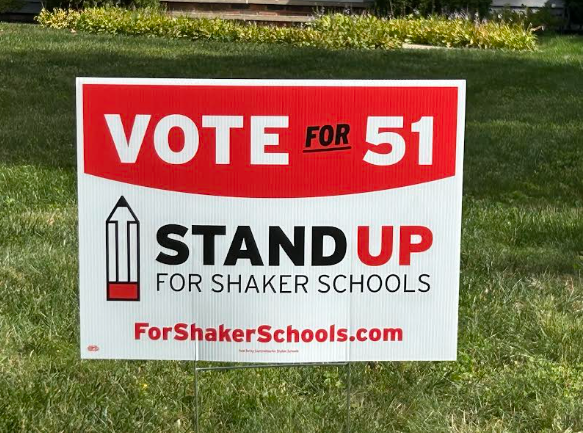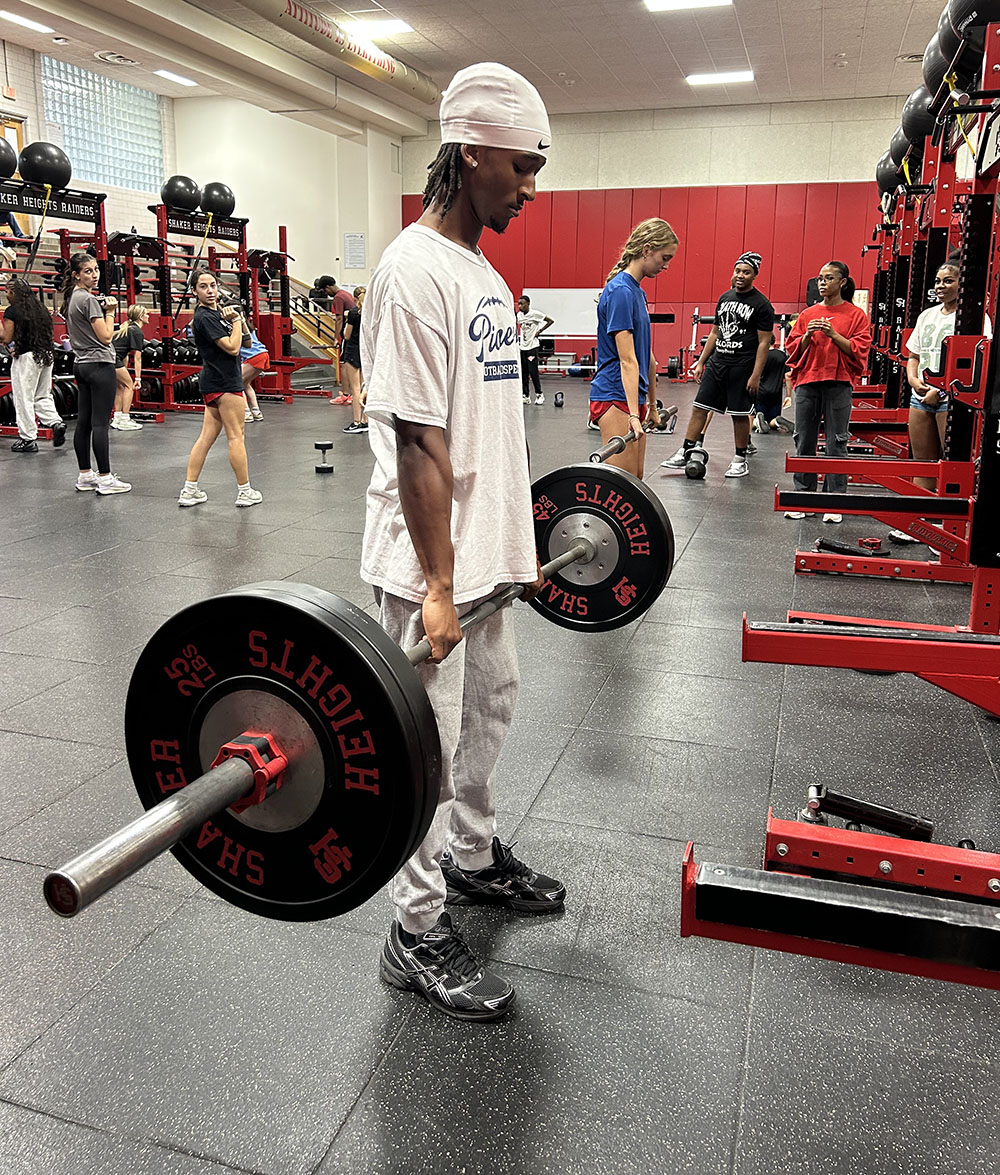Man up? More like girl up. There’s nothing like change, if you can get it.
Ninety-two years after the American women’s rights movement of the 1920s, women and girls are still striving for equality in the United States and around the world. Women such as 15-year-old Malala Yousafzai, who was shot in the head for vocalizing her support for equal education in Pakistan, still find themselves lacking basic rights granted freely to men.
However, uneducated women may not have the means of advocating for themselves and promoting equality. Women and girls in developing nations face risk of exploitation as well as legal discrimination that prevents them from receiving an education. One of UNICEF’s goals to reach by 2015 is to empower women and eliminate gender disparity. According to the UNICEF study, educated mothers will immunize their children and are twice as likely to send their children to school. These women need to be able to advocate for themselves in order to make a change in their lives. UNICEF is promoting progress that women need. With education women can improve their quality of life, whether they are trying to improve health standards in a developing nation or get a better job than they currently have.
According to a study by IQ expert James Flynn, women’s average IQ has been five points lower than the men’s average for the past century because of discrimination against women. Flynn’s study showed that women are beginning to score higher than men, but because of “discriminatory gender socializing” women are just beginning to reach their academic potential. Junior Jessica Stahl said that she pushes herself academically so that “when teachers think of me, they think of someone who works hard.” Stahl said that she has never dropped a class, but she has switched levels when a class was too challenging.
Biology teacher Nathaniel Hsu hasn’t noticed an increase in the number girls in his honors classes compared to boys over the past few years, but he said, “I feel like with the easier classes I’ve seen more girls, but I think there tends to be a higher dropout rate in the easier classes for boys.” Guidance Counselor Catherine Szendrey said that students drop classes across the board and she does not see a trend of people who drop classes.
Women are stereotyped as right-brained, meaning they are typically more creative and see the big picture, compared to men, who are seen as left-brained and more detail-oriented. Women think differently than men, but that does not mean they should be less educated. Women need to promote themselves as educated people rather than be trapped by the stereotype that they lack education.



